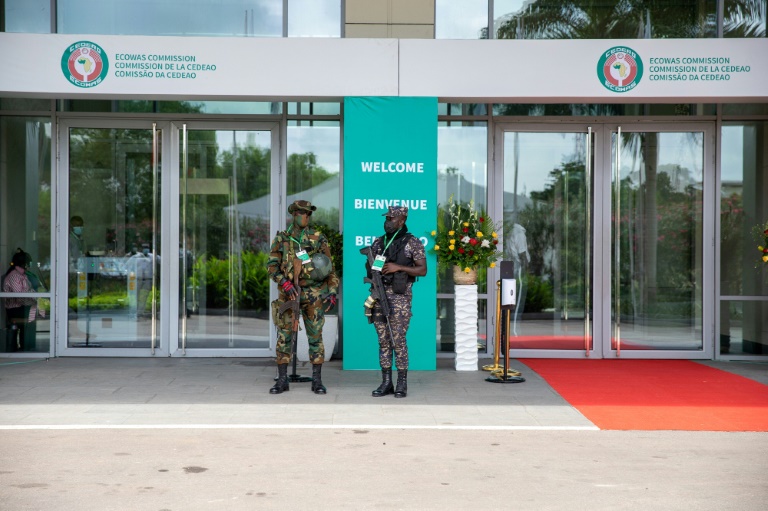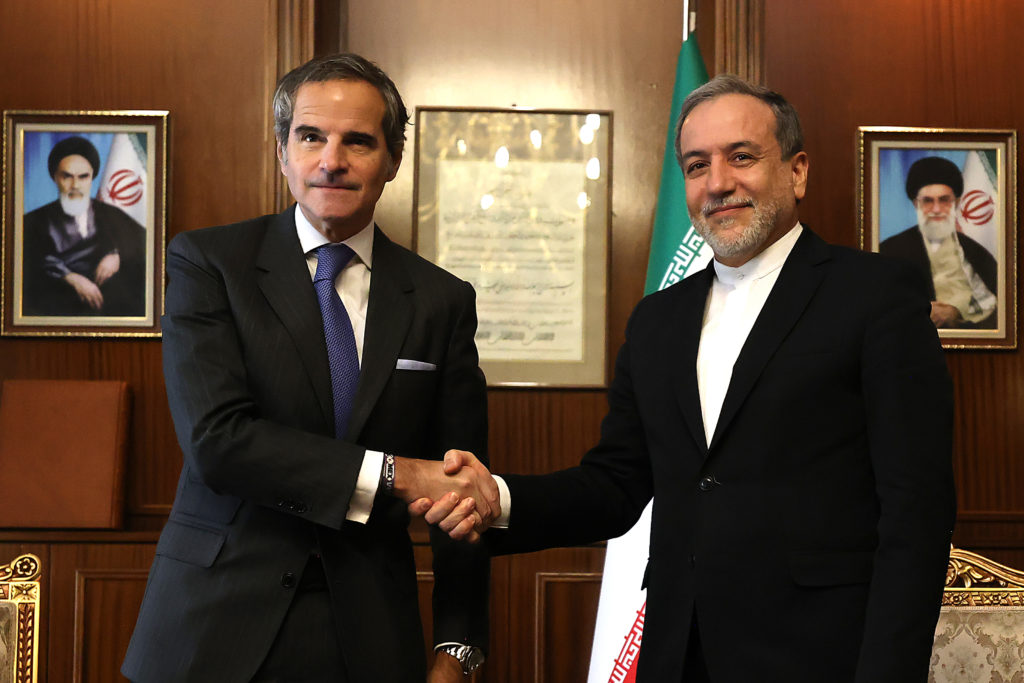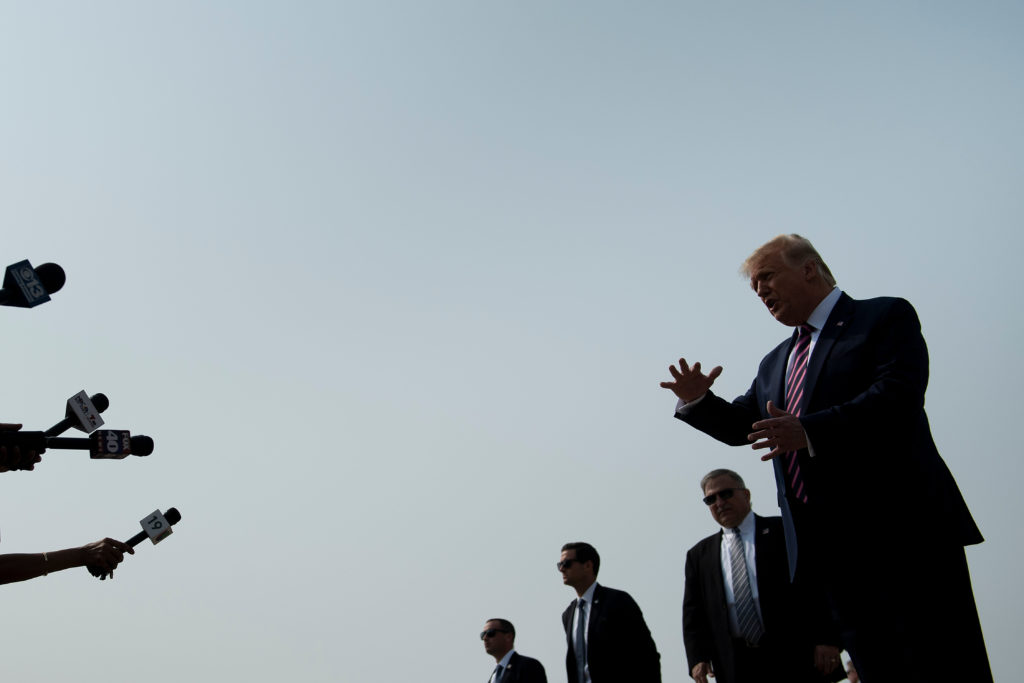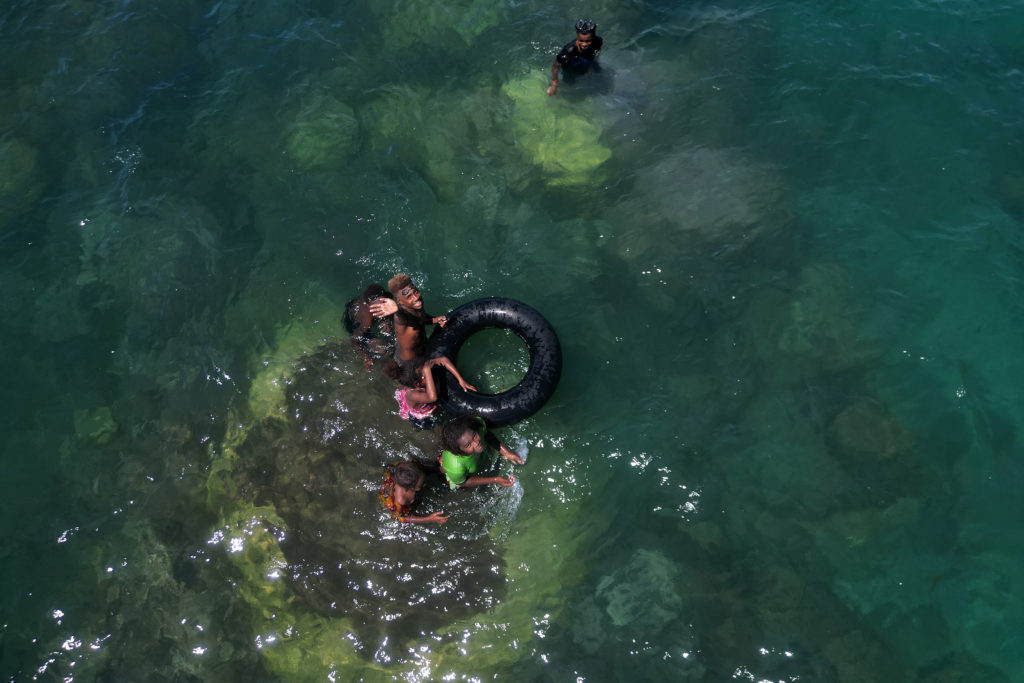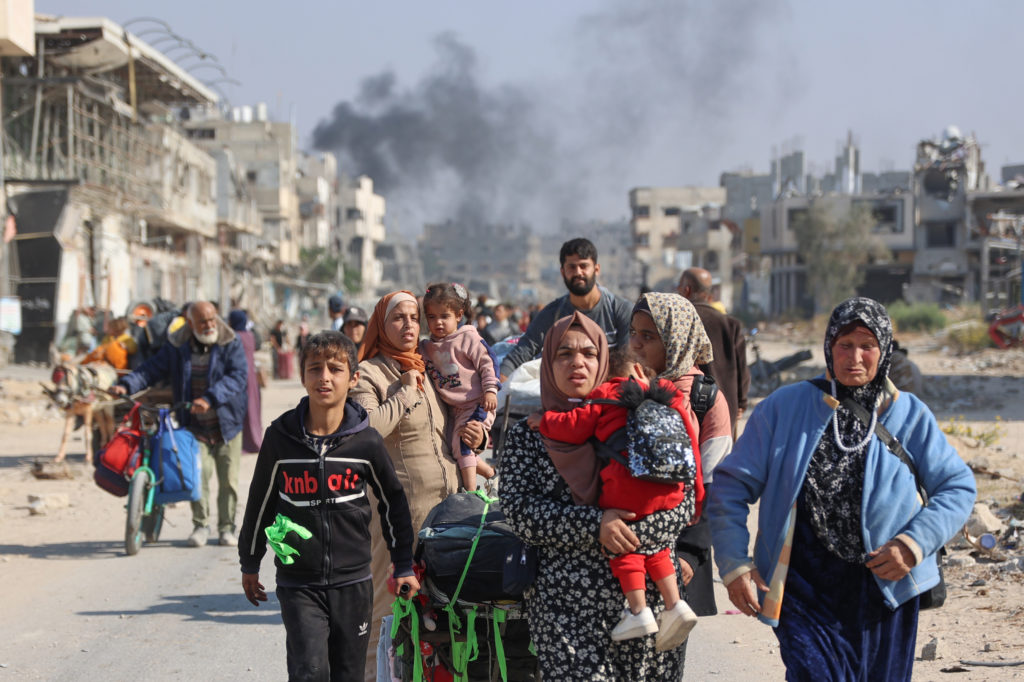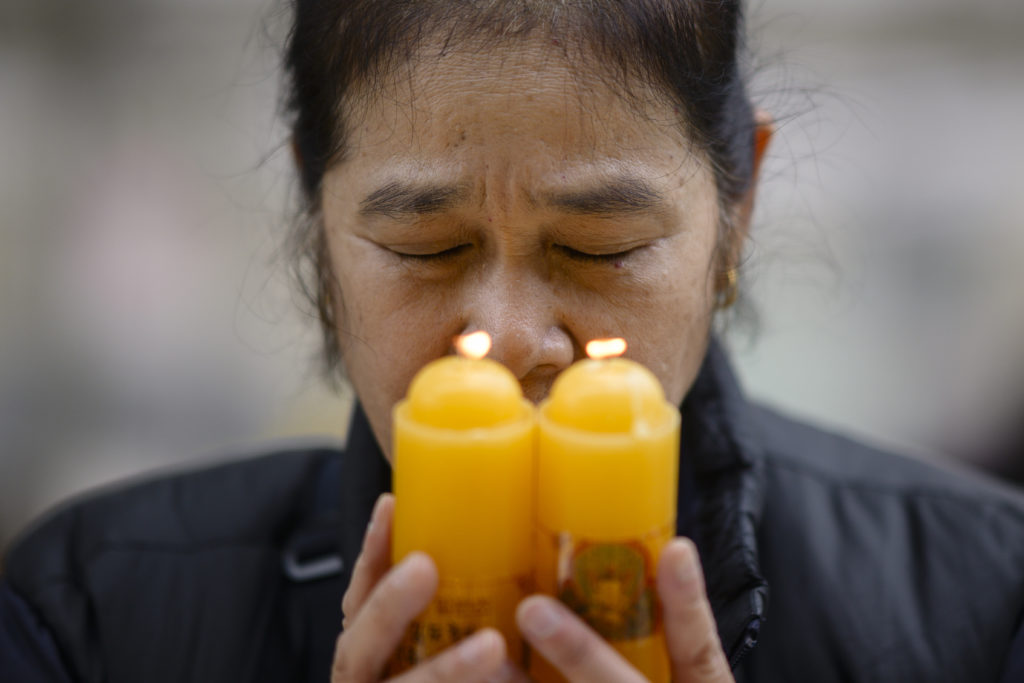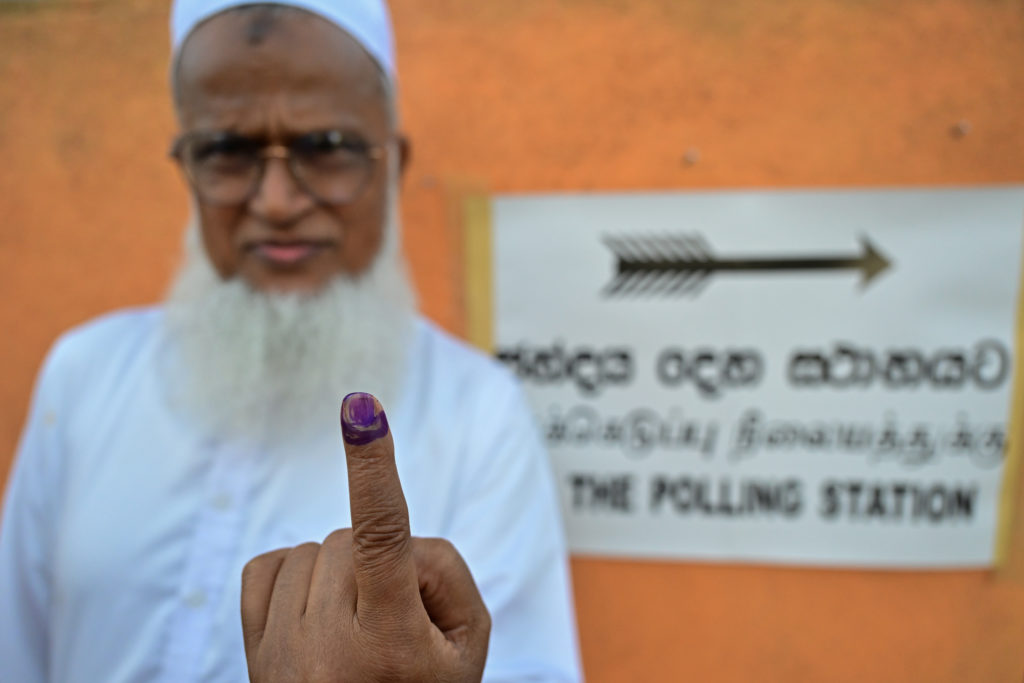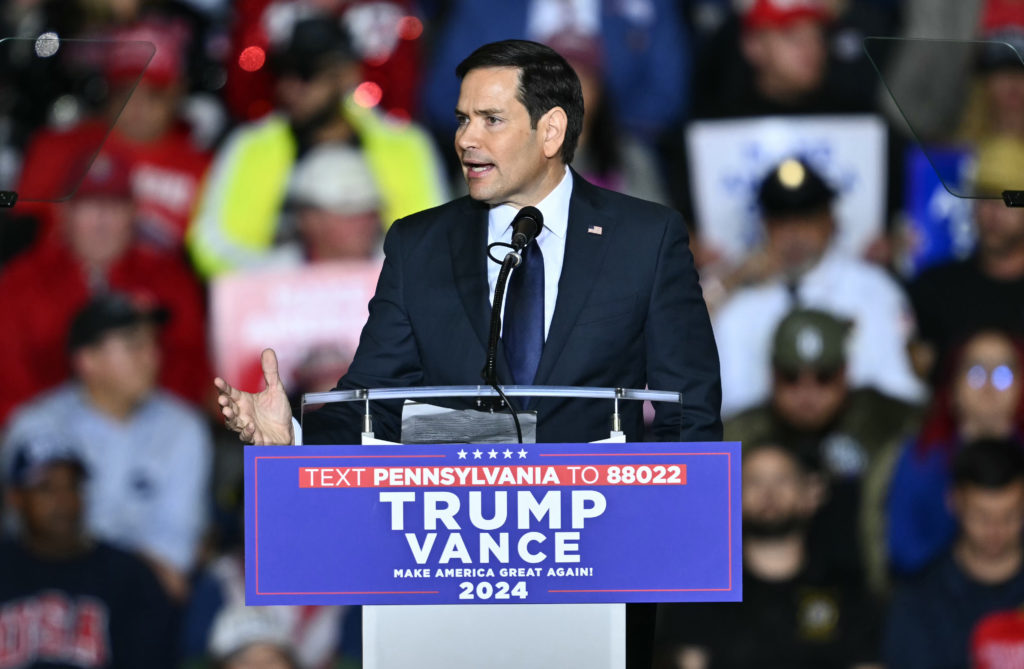West African leaders gathered Sunday to discuss Mali’s crisis after the military submitted an eleventh hour timetable to restore civilian rule after its initial proposal of a transition of up to five years was rejected.
The extraordinary summit of the Economic Community of West African States (ECOWAS) bloc in Ghana’s capital Accra was expected to discuss possible sanctions on the Sahel state over potentially delayed elections, among other issues.
The meeting comes after months of increasing tensions over the timetable for restoring civilian rule in Mali after two coups, and a military takeover in 2020.
Last August, army officers led by Colonel Assimi Goita toppled the elected president Ibrahim Boubacar Keita amid street protests against his unpopular rule.
Under threat of sanctions, Goita subsequently promised to restore civilian rule in February 2022 after holding presidential and legislative elections.
But he staged a de facto second coup in May 2021, forcing out an interim civilian government.
The move disrupted the reform timetable, and was met with widespread diplomatic condemnation.
ECOWAS insisted that Mali hold elections in February.
But the government then said it would only set an election date after holding a nationwide conference — arguing a peaceful vote was more important than speed.
On December 30, after Mali’s reform conference ended, the government suggested a transition period of between six months and five years, starting from January 1, 2022.
But ECOWAS mediator Goodluck Jonathan asked the regime to revise that plan during a visit last week, Mali’s foreign minister said.
On Saturday, the junta submitted a new proposed timetable, Malian state television reported.
The move was intended “to maintain dialogue and good cooperation with ECOWAS”, said Malian Foreign Minister Abdoulaye Diop, without giving any details.
– Potential sanctions –
“Mali’s counter-proposal is for a four-year-transition. “It’s a joke,” said a senior official from Ghana, which holds the ECOWAS chair.
The 15-nation grouping has led the push for Mali to uphold its commitment to stage elections early this year.
The return to civilian rule has put the bloc’s credibility on the line as it seeks to uphold fundamental principles of governance and contain regional instability.
Swathes of Mali lie outside of state control, with the government struggling to quell a jihadist insurgency that has raged since 2012.
At a summit on December 12, ECOWAS leaders reiterated demands that the elections be held by February 27 as initially planned.
They maintained sanctions such as asset freezes and travel bans within the ECOWAS region against around 150 junta figures and their families, and threatened further “economic and financial” measures.
The possibility of fresh sanctions was expected to be on the agenda at Sunday’s summit, which was to start after a summit of the West African Economic and Monetary Union that could open the way to concerted region-wide measures against Bamako.
“The extension of the transition period to five years is causing concern in the whole west African region,” the eight-member union’s current chair, Roch Marc Christian Kabore, president of Burkina Faso, told the meeting.
Sanctions have proved effective in the past. ECOWAS responded to Goita’s first coup in 2020 by shuttering Mali’s borders, imposing trade restrictions and suspending the country from its decision-making bodies.
Mali’s army installed a civilian-led government in response and pledged to hold elections, which led to a lifting of the economic sanctions, although Mali remains suspended from the bloc’s main bodies.
ECOWAS did not impose sanctions immediately after the second putsch, but in November opted for targeted measures against individual junta members over perceived delays in the election preparations.
Analysts say regional leaders must take into account the risks of pitting Malians against ECOWAS.

